KnowledgeWorks Forecast 4.0: Partners in Code
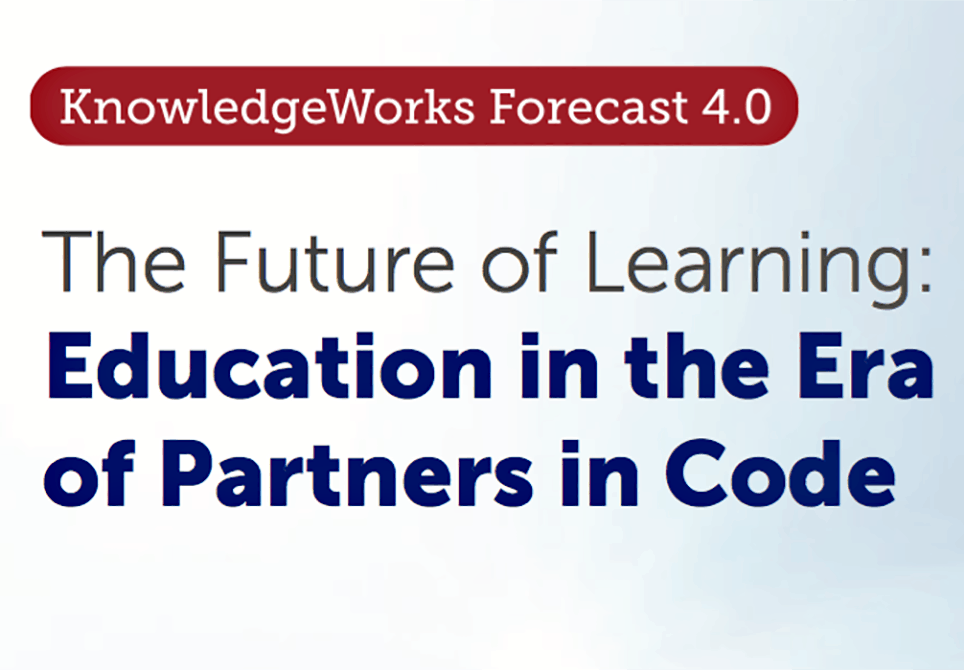
Exponential change–particularly the impacts of machine learning–is the theme of the fourth KnowledgeWorks forecast subtitled Education in the Era of Partners in Code.
Report co-author Jason Swanson (who has the cool title of Director, Strategic Foresight) said that exponential change is the big idea here that gave early readers pause.
As noted last month, exponential change means that everything is closer than it appears. Our brains make linear projections but for 50 years computing power has been doubling every two years so we’re living on a curve where change is accelerating. The report borrows an illustration from XPrize founder Peter Diamandis: if you actually took 30 exponential steps, you would have taken enough steps to circle the earth eight times.
Here’s the partners in code thesis:
Over the next decade, our lives will become so inextricably linked with our digital companions that we will find ourselves living as partners in code, creating the next generation of human- digital co-evolution. Code will become increasingly ingrained in our lives. It will come to function as a sort of white noise in the background: always there and only noticeable when missing. The key challenge of the era of partners in code will be to define how people foster productive relationships with technology that leverage, elevate, and celebrate the unique contributions of our humanity so that we can thrive amid intensifying complexity.
The report outlines many of the ways machine learning will improve education (we recently noted 8 impacts). Machine learning, a subset of artificial intelligence, is programing computers to identify patterns in data that inform algorithms that can make data-driven predictions or decisions. As we interact with computers, we’re continuously teaching them what we are like.
Swanson said exponential change and smart machines have caused uncertainty about the future of work–and work is organizing purpose for life, location, and education.
Rather than offering simple solutions, Swanson hopes the report is a positive provocation for the sector. While education tends to move more slowly than other parts of the economy, Swanson notes that “public education is at heart of all social changes.”
Swanson hopes educators will read it and think critically about what change means for the system and their daily interaction with students. He hopes it will lead to conversations that create “vibrant learning ecosystems.”
Click to for full report
The Future of Learning
The report outlines five drivers of change:
- Optimized selves: discovering new human horizons
- Labor relations 2.0: negotiating new machine partnerships
- Alternate economies: finding the right niche
- Smart transactional models: creating self-managing institutions
- Shifting landscapes: innovating in volatile conditions
Impacts are occurring on three layers. The report asks probing question in each category.
- People: Educators and learners re-imagine their roles and interactions.
- What if educators had visual tools to measure engagement?
- What if learners had a “pit crew” of caring adults, peers, personal machines?
- What if learners had a “Fast Pass” that unlocked opportunities as they were ready?
- Structures: Teaching and learning systems morph to achieve resilience.
- What if pathways helped learners create optimal conditions?
- What if governance evolved to “ecosystem trustees”
- What if smart systems connected learners with distributed support services?
- Society: Alternative value sets and diverse perspectives transform education
- What if schools taught robot relations as a new form of digital literacy?
- What if schools taught learners how to approach wicked problems?
Backstory
Jason has a masters degree in foresight (yes, it’s a real field) from University of Houston and has been working in the field for a decade. He said the forecast was built with standard futures methods starting with an analysis of long tail trends: demography, socio-cultural, political, and technology. He and co-author Katherine Prince studied change drivers and provocations; he extracted and tested implications for educators. Swanson structured the report to pose a series of important if-then questions for education stakeholders.
KnowledgeWorks launched the Forecast 10 years ago under Chad Wick’s leadership. It’s updated about every three years (here’s our review of Forecast 3.0).
Swanson said KnowledgeWorks CEO Judy Peppler is invested in the forecast and finds it useful to inform what the organization is doing. Peppler also thinks the forecast can help avoid a future with growing inequities.
Jason thinks the forecast can help educators deal with the pace of change. He said, “We’re headed for a whole new era of working and living we can hardly imagine.” The report paints as good a picture of the near future as is possible.
For more on the future of learning, check out:
Stay in-the-know with all things EdTech and innovations in learning by signing up to receive the weekly Smart Update.


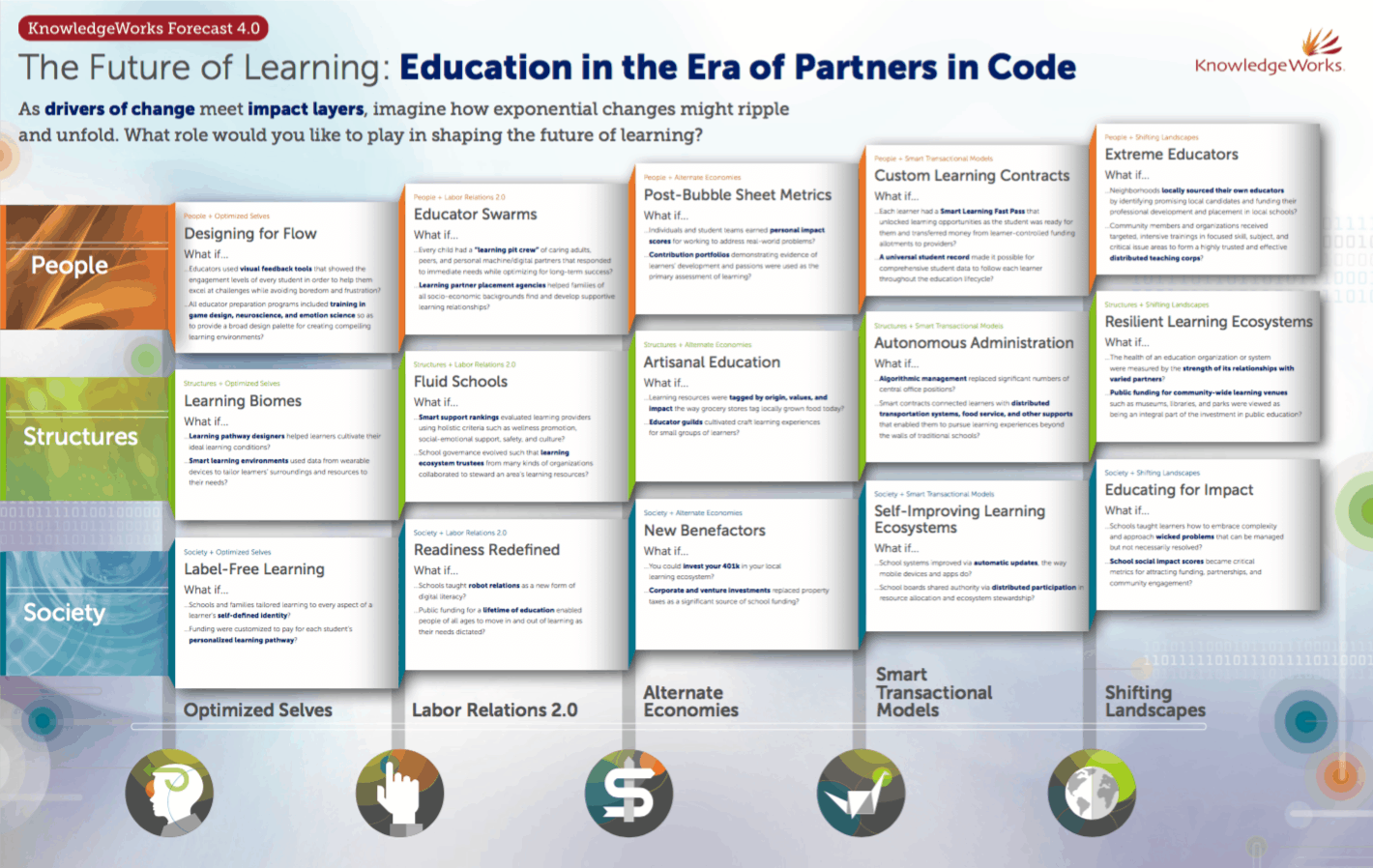
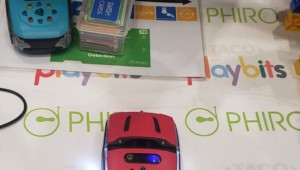
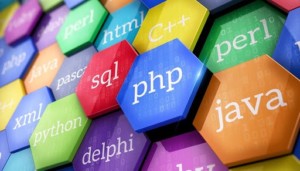
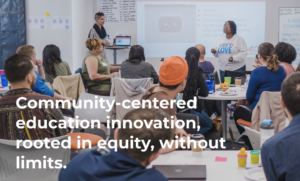
0 Comments
Leave a Comment
Your email address will not be published. All fields are required.